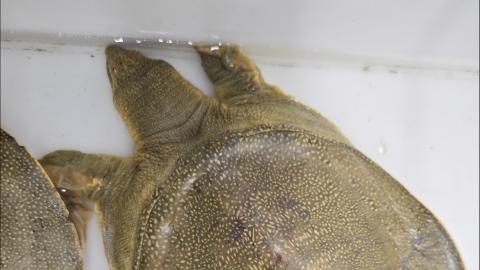What foods are incompatible with wild onion when eaten together?
Generally, scallions are considered incompatible when consumed with soft-shelled turtles, honey, milk, red dates, tofu, and other similar foods. Detailed explanations are as follows:

1. Soft-shelled Turtle
The pungent and warming properties of scallions conflict with the yin-nourishing attributes of soft-shelled turtles. Consuming them together may reduce the nourishing effects of the turtle meat and potentially cause indigestion or abdominal distension. According to traditional Chinese medicine, this combination may easily lead to "disruption of qi circulation."
2. Honey
Consuming scallions with honey may cause adverse reactions such as abdominal pain and diarrhea. Although the exact mechanism is not fully understood, traditional experience and some case reports suggest that this combination should be avoided.
3. Milk
The proteins in milk may combine with oxalic acid in scallions to form insoluble substances. This not only affects the taste of milk but may also cause digestive discomfort or reduce its nutritional value.
4. Red Dates
Consuming scallions together with red dates may impair digestion. Red dates are warm in nature and can invigorate the middle jiao and replenish qi, while scallions are pungent in nature. Their conflicting properties may place additional strain on the spleen and stomach, especially noticeable in individuals with weak spleen and stomach function.
5. Tofu
Consuming scallions with tofu may affect calcium absorption. Tofu is rich in calcium, while scallions contain oxalic acid, which combines with calcium to form insoluble calcium oxalate, thereby reducing the bioavailability of calcium in tofu.
Although the above foods are considered incompatible with scallions, it does not mean they absolutely cannot be consumed together. In daily diets, these foods can be combined in moderation according to individual constitution and health conditions, while paying attention to the body's reactions.




